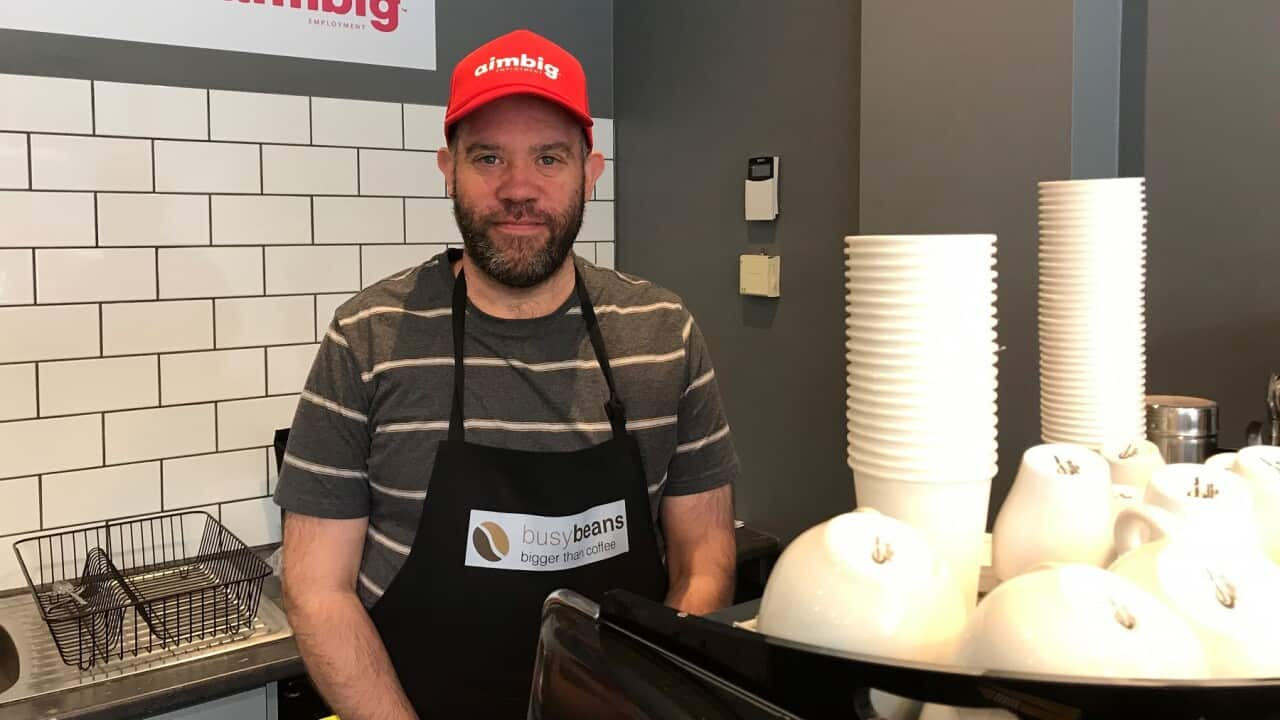There are effective programs helping to reduce the over-representation of First Nations families in child protection systems, but they are limited in Australia, an inquiry has heard.
The first royal commission hearing examining the experiences of Indigenous people with a disability and their contact with child protection services continues in Brisbane on Wednesday.
Twenty five witnesses are scheduled to give evidence during the week-long hearing of the Royal Commission into Violence, Abuse, Neglect and Exploitation of People with Disability.
In his opening address, senior counsel assisting the commission Lincoln Crowley cited Australian Bureau of Statistics figures stating 22 percent of First Nations children have a disability, compared to eight per cent of the general population.
Mr Crowley said First Nations children were almost eight times as likely as non-Indigenous children to have received child protection services.
Commissioners have heard of the difficulty First Nations parents have negotiating Child Services, and the failures of mainstream systems to accommodate cultural difference.
In pre-recorded evidence on Tuesday, psychologist Tracy Westerman told the hearing that historically, Aboriginal people did badly on mainstream tests, but results were "significantly higher" when the assessment was done by someone with cultural competence.
She said Aboriginal people experience misdiagnosis, overdiagnosis and underdiagnosis arguably more than any population in the world.
The commission has also heard evidence from Thelma Schwartz of the Queensland Indigenous Family Violence Legal Service, which runs an early intervention case management service in some regions of the state.
"Let's say it's an issue of not having adequate housing, it's an issue of drugs and alcohol, it's an issue of family violence. How do we address this to support you to take back control and make you safe, thereby your children safe?" she told the hearing.
"We've come up with a way to deal with this and take back an aspect of control as opposed to the paternalistic way the system has dealt with and treated Aboriginal and Torres Strait Islander people."










